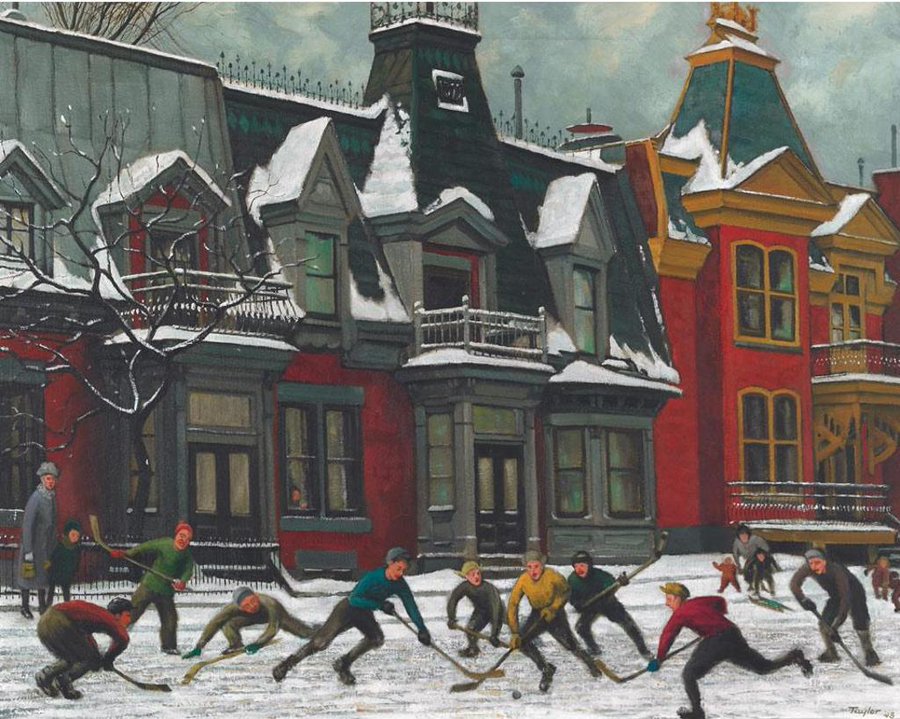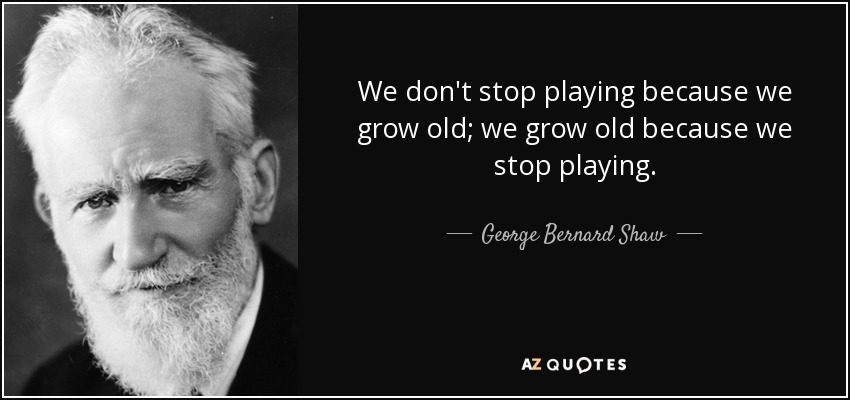Archives
- Home
- Event Page 13

Fordham Worship Livestream
This content is accessible to paid subscribers. To view it please enter your password below or send mike@standardsmichigan.com a request for subscription details.
“Love’s Labor Lost” Jesus College
Congratulations to the cast, musicians & creative team of Love’s Labour’s Lost, our most recent Jesus College Shakespeare Project production. This version relocated to Oxford in 1974 & forms part of our ongoing celebrations of 50 years of co-education at Jesus. It was fantastic! pic.twitter.com/ZU0dXlOdYD
— Jesus College Oxford (@JesusOxford) December 9, 2024
Winter Sport

Frederick Bourchier Taylor (1906-1987)
Hockey On Henri Julien Street At Pine Avenue East, Montreal 1948
An overview of public commenting opportunities on proposed standards for sports and recreation equipment and athletic facilities. Send email to bella@standardsmichigan.com for access to the agenda.
US Wintersport Traditions:
- Basketball: Basketball is one of the most popular NCAA winter sports. The season typically starts in November and runs through March, culminating in the NCAA Men’s and Women’s Basketball Tournaments, commonly known as March Madness.
- Wrestling: Wrestling is another winter sport in the NCAA. The wrestling season usually begins in November and extends through the NCAA Wrestling Championships, which take place in March.
- Indoor Track and Field: Indoor track and field competitions take place during the winter months, with athletes competing in various events such as sprints, distance races, jumps, and throws.
- Gymnastics: Collegiate gymnastics competitions are held during the winter and early spring months. Both men’s and women’s teams compete in events such as floor exercise, vault, uneven bars, parallel bars, and rings.
- Ice Hockey: Ice hockey is a winter sport in the NCAA, with the season typically starting in October or November and continuing into the early months of the following year. Both men’s and women’s teams participate in NCAA ice hockey competitions.
- Skiing: Skiing competitions, including alpine and Nordic events, are part of NCAA winter sports. Athletes compete in skiing disciplines such as slalom, giant slalom, and cross-country.
- Swimming and Diving: Swimming and diving competitions take place during the winter months. Athletes participate in various swimming events and diving disciplines, with the season culminating in NCAA Swimming and Diving Championships.
- Bowling: Bowling is considered a winter sport in the NCAA, with competitions taking place during the winter and early spring.
Michigan State Hockey @MSU_Hockeyhttps://t.co/9dPmzpsfaG pic.twitter.com/LV7WjIiWBB
— Standards Michigan (@StandardsMich) February 17, 2024
bb
In the 8th century, tennis originated as a game called ‘La Soule’ played by Christian Monks; in the 18th century, field tennis evolved on grass courts. ASTM F1953-10(2018) covers guidance for the construction & maintenance of #GrassTennisCourts. @ASTMIntl https://t.co/Cbyd0EnbA6
— ANSI (@ansidotorg) July 6, 2023
Last night's Boarders Water Fight, as an annual @Beachborough tradition was great fun! #beingbeachborough #startheregoanywhere @iapsuk pic.twitter.com/0o8jZ7cmKF
— Simone Mitchell (@BBPrepHead) July 6, 2023
2026 Winter Olympics
This content is accessible to paid subscribers. To view it please enter your password below or send mike@standardsmichigan.com a request for subscription details.
Du Froid
Sixteen Dogs Cozying Up Next to the Fireplace
Status check on the catalog of best practice titles covering the management of education community snow and ice management during the coldest months in the Northern Hemisphere.
Ilisimatusarfik | University of Greenlandhttps://t.co/7bqLFzinAMhttps://t.co/WuWVtTcahB
“Off the Greenland Coast under the Midnight Sun” 1873 |William J Bradfordhttps://t.co/3OsdWPoAdJ
A payment of $1 million to all Greenland citizens is less than $70B GDP of Alaska pic.twitter.com/JRahSNeOrF— Standards Michigan (@StandardsMich) February 27, 2025
“Minuet in G Major” (Bach) | Maumee High School
Standards Ohio || Maumee City Schools
Congratulations to @MaumeeHS band members Bridget Braithwaite and Henry Herman for being invited to perform in this year’s BGSU Honor Band. They performed in a concert on Saturday, November 22, at BGSU’s Kobacker Hall. pic.twitter.com/qYjPE1KwCs
— Maumee City Schools (@maumee_schools) November 24, 2025
National Electrical Code CMP-6 & 7
This content is accessible to paid subscribers. To view it please enter your password below or send mike@standardsmichigan.com a request for subscription details.
Ædificare | Renovation Standards
Are you Overbuilding?
We follow the construction spend rate of the US education industry; using the US Census Bureau Construction Spending figures released the first day of every month.
We encourage our colleagues in the education facilities industry to respond to Census Bureau-retained data gathering contractors in order to contribute to the accuracy of the report.
New update alert! The 2022 update to the Trademark Assignment Dataset is now available online. Find 1.29 million trademark assignments, involving 2.28 million unique trademark properties issued by the USPTO between March 1952 and January 2023: https://t.co/njrDAbSpwB pic.twitter.com/GkAXrHoQ9T
— USPTO (@uspto) July 13, 2023
Standards Michigan Group, LLC
2723 South State Street | Suite 150
Ann Arbor, MI 48104 USA
888-746-3670
















